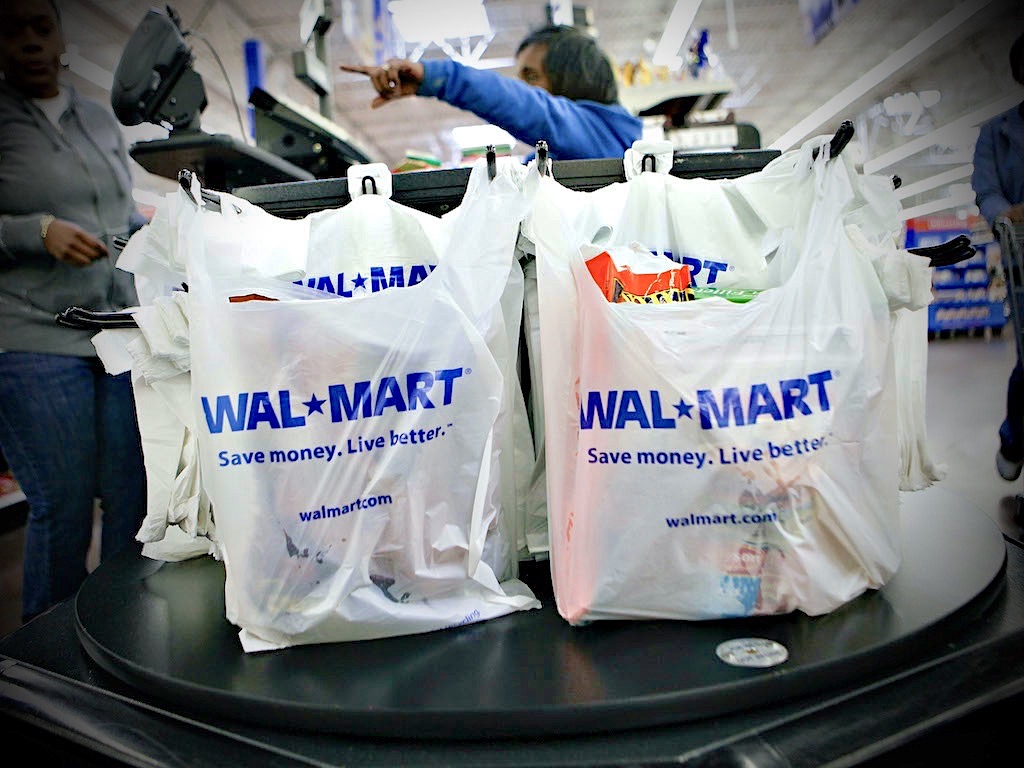3 Mins Read
Some of the biggest supermarket chains in the U.S. including Target, Walmart and CVS will be teaming up to remove plastic bags from their operations. Called the Beyond the Bag Initiative, the multi-year collaboration will seek to identify, create and implement a new design solution that delivers on both convenience and sustainability.
Launched by the Consortium to Reinvent the Retail Bag, the new US$15 million partnership across multiple retail sectors will come up with a substitute for the conventional single-use plastic bag over the next three years. Kroger will also join the initiative as the lead grocery partner alongside Walmart, CVS and Target, while Walgreens will be a supporting partner for the project as well.
The project, which will be overseen by New York-based investment firm Closed Loop Partners, will involve researching and identifying new substitute materials and technologies, testing them, and implementing innovative designs to render the conventional plastic bag obsolete.
“We know that this is not something we can solve on our own,” said Eileen Howard Boone, chief sustainability officer at CVS Health.
Given the scale of this challenge, cross-industry collaboration is critical.
Kate Daly, Managing Director of Closed Loop Partners.
Kate Daly, the managing director of Closed Loop Partners echoed Boone’s statement. “Given the scale of this challenge, cross-industry collaboration is critical.”
“Collectively, organizations can send a unified signal to the market and world at large, demonstrating their commitment to change and incentivising the value chain, from manufacturers to recyclers, to adopt more sustainable practices that secure a waste-free future for the products and packaging we all use every day,” Daly added.
While reusable and paper options already exist, conventional disposable plastic bags remain a popular choice for consumers who are focused on convenience, and for retailers who consider price and sturdiness. Paper bags, for instance, are less durable and more expensive to produce, while some consumers might not bring enough of their own reusable bags to stores.
Globally, the world consumes 4 trillion plastic bags each year, and only 1% ends up being collected and recycled and instead is left to pollute oceans and landfills. Along with other types of plastic waste, at least 10% enters the sea, endangering marine and wildlife.
We know that this is not something we can solve on our own.
Eileen Howard Boone, Chief Sustainability Officer at CVS Health
Previous research has detected microplastics in everything from ocean spray to rainwater and even sea salt, where these tiny plastic particles enter back into the human food chain.
Our rate of plastic consumption has led to such a severe crisis that researchers believe we will still be facing 710 million tonnes of plastic waste by 2040 even if the world steps up its anti-plastic efforts dramatically.
The need to search for alternative solutions to plastic bags has become even more critical amidst the coronavirus pandemic, which has seen a number of right-wing groups stoking unfounded fears about reusable bags and successfully dismantling single-use plastic bans in several U.S. states and cities.
But until major retailers come up with a convenient sustainable solution to disposable bags, it is vital that consumers do what they can to adopt reusables as much as possible. A few weeks ago, top scientists and experts reiterated that reusable items do not pose a higher risk of transmission and are perfectly safe for use during the crisis.
Lead image courtesy of Daniel Acker / Bloomberg.




